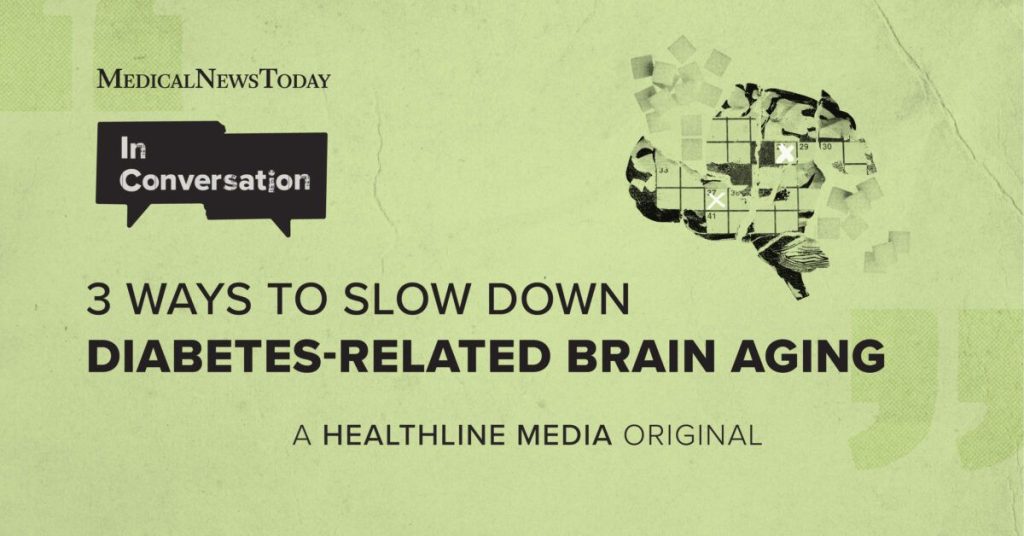Type 2 diabetes is a widespread health condition that affects over 95% of all diabetes cases worldwide. It can have serious consequences on multiple organ systems in the body, including the heart, eyes, kidneys, and even the brain. Research has shown that individuals with type 2 diabetes are at higher risk for cognitive decline, memory loss, dementia, and Alzheimer’s disease. This is concerning, as the number of people diagnosed with diabetes is expected to increase significantly in the coming years. However, there is hope in the form of lifestyle interventions that could help slow down the cognitive decline associated with diabetes.
One of the reasons why type 2 diabetes can lead to accelerated brain aging is through a variety of mechanisms that impact brain health. These mechanisms include inflammation, oxidative stress, and insulin resistance, all of which can contribute to cognitive decline and an increased risk of neurodegenerative diseases. However, lifestyle changes such as diet, exercise, and stress reduction techniques have been shown to have a positive impact on cognitive function and may help mitigate the effects of diabetes on brain aging.
Recent studies have provided insights into potential strategies to slow down diabetes-induced brain aging. These strategies include targeted interventions to reduce inflammation and oxidative stress, as well as improving insulin sensitivity in the brain. By implementing these interventions, individuals with type 2 diabetes may be able to preserve their cognitive function and reduce their risk of developing dementia or Alzheimer’s disease.
In a podcast episode featuring Thomas Barber, MD, associate professor at the University of Warwick, and honorary consultant endocrinologist, the hosts explore the connection between type 2 diabetes and brain aging. Dr. Barber discusses the latest research findings and offers practical advice on how individuals with diabetes can protect their cognitive health. By raising awareness about the impact of diabetes on brain aging and highlighting potential preventative measures, this podcast aims to empower listeners to take control of their health and well-being.
By focusing on lifestyle interventions, such as diet and exercise, individuals with type 2 diabetes can make positive changes to their overall health and reduce their risk of cognitive decline. These interventions not only have the potential to slow down diabetes-induced brain aging but also improve overall quality of life. By addressing the underlying mechanisms that contribute to cognitive decline, individuals with diabetes can take proactive steps to safeguard their brain health and reduce their risk of developing neurodegenerative diseases. This podcast episode serves as a valuable resource for anyone looking to learn more about the connection between type 2 diabetes and brain aging and how to protect cognitive function through lifestyle interventions.













